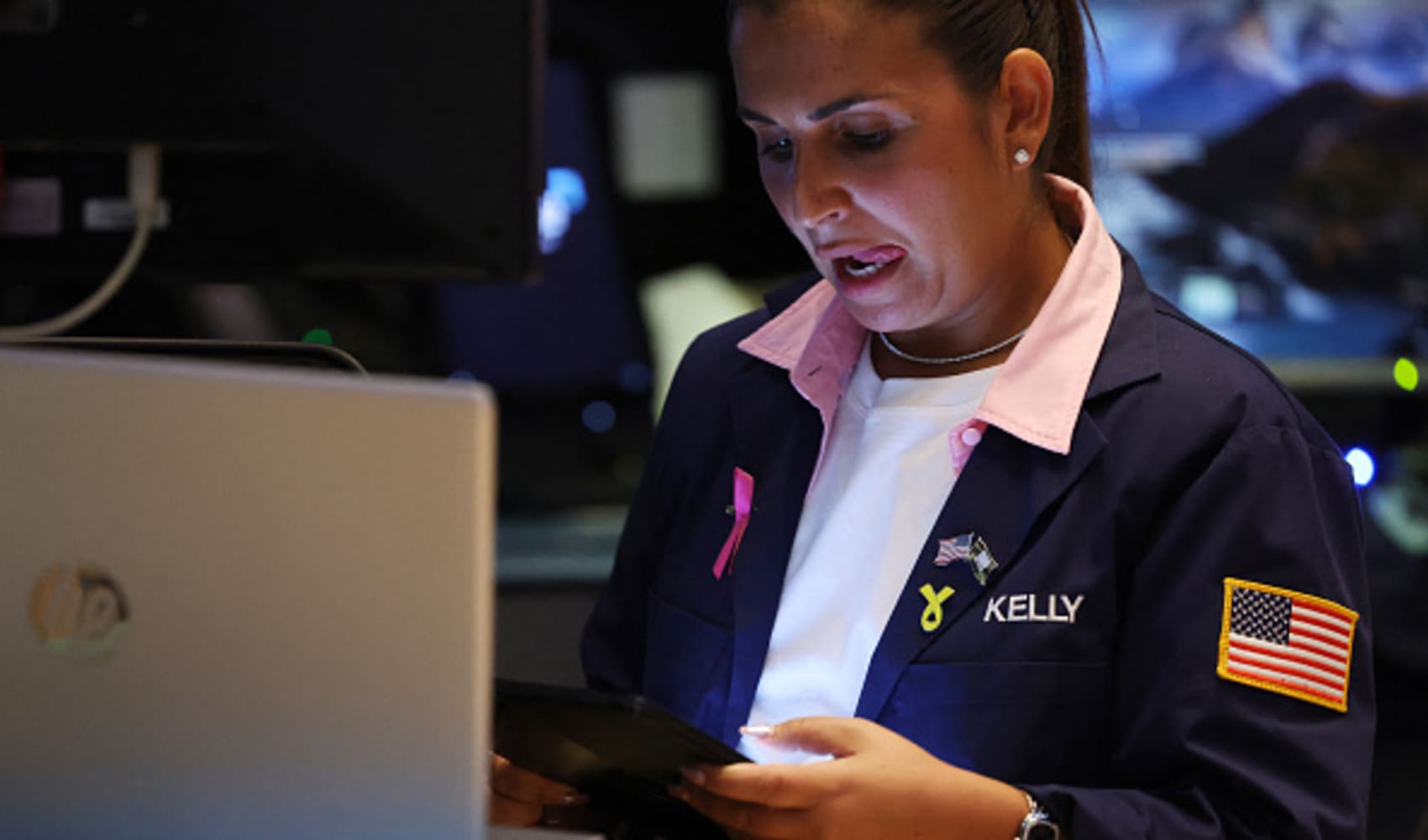
- The companies may agree to a deal as soon as this week, sources told CNBC's David Faber.
- Kroger is the largest supermarket operator in the country with banners including Fred Meyer, Ralphs, King Soopers, Harris Teeter and its namesake brand.
WATCH ANYTIME FOR FREE
Stream NBC10 Boston news for free, 24/7, wherever you are. |
Kroger could announce a deal to buy rival grocery company Albertsons this week, sources told CNBC's David Faber.
Shares of Albertsons jumped and were briefly halted Thursday morning after news that two companies are deep in talks. The stock was up more than 11% in afternoon trading. Kroger rose modestly.
Get updates on what's happening in Boston to your inbox. Sign up for our News Headlines newsletter.
The all-cash acquisition may be announced as soon as Friday morning, sources told Faber.
Kroger is the largest supermarket operator in the country with about two dozen banners, including Fred Meyer, Ralphs, King Soopers, Harris Teeter and its namesake brand. It has nearly 2,800 stores in 35 states and about 420,000 employees. The company trails behind Walmart, which is the top grocer in the U.S. by revenue.
Albertsons is made up of 20 banners, including Safeway, Acme and Tom Thumb. It has more than 2,200 supermarkets in 34 states and Washington, D.C. Albertsons has 290,000 employees, according to its website.
Money Report
Kroger is the larger of the two companies, with a market cap of about $32 billion. Albertsons' market cap is about $15 billion.
Kroger and Albertsons by the numbers
KROGER
- 2,800 stores in 35 states
- 420,000 employees
- 25 banners, including Fred Meyer, Ralphs, King Soopers and namesake stores
ALBERTSONS
- 2,200 stores in 34 states and Washington, D.C.
- 290,000 employees
- 22 banners, including Safeway, Acme, Tom Thumb and namesake stores
Source: Company websites, Factset
The two companies did not respond to CNBC's requests for comment. Bloomberg first reported the news of the deal talks earlier Thursday.
The talks come as competition in the grocery industry has intensified. About five years ago, Amazon spooked legacy grocers by acquiring Whole Foods. Its stores, which now include Amazon Fresh, make up a small percentage of the overall U.S. grocery market, but sparked a wave of investment.
Kroger, for example, struck a deal with British online grocer Ocado to build huge robot-powered fulfillment centers to pick and pack online grocery orders. It has used the business model to break into new markets, including Florida. It also plans to expand in the Northeast.
The coronavirus pandemic also pushed the industry to better cater to customer preferences, with services such as curbside pickup and home delivery. Yet those investments have also pressured grocers' profits. Already, the grocery business is known for its thin margins and inflation has driven up the cost of food.






